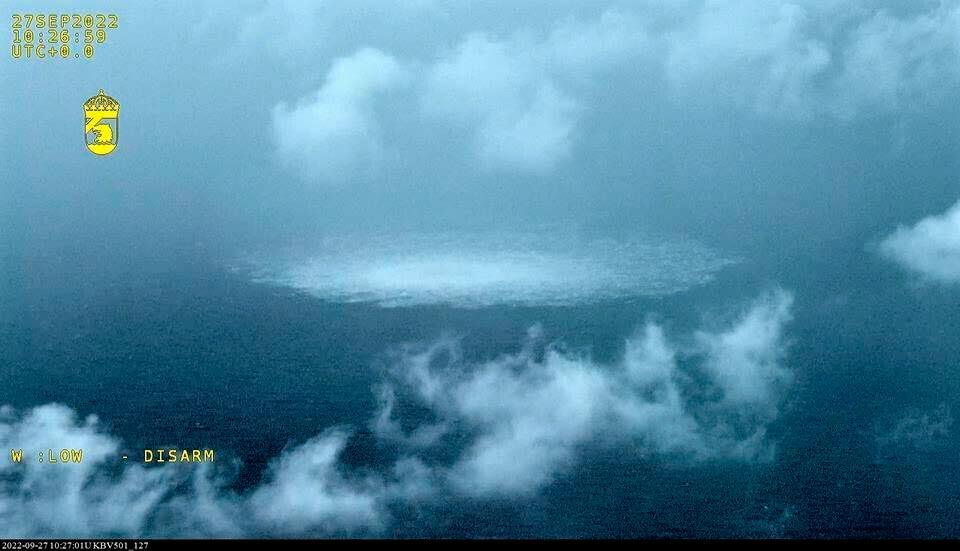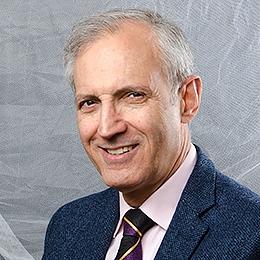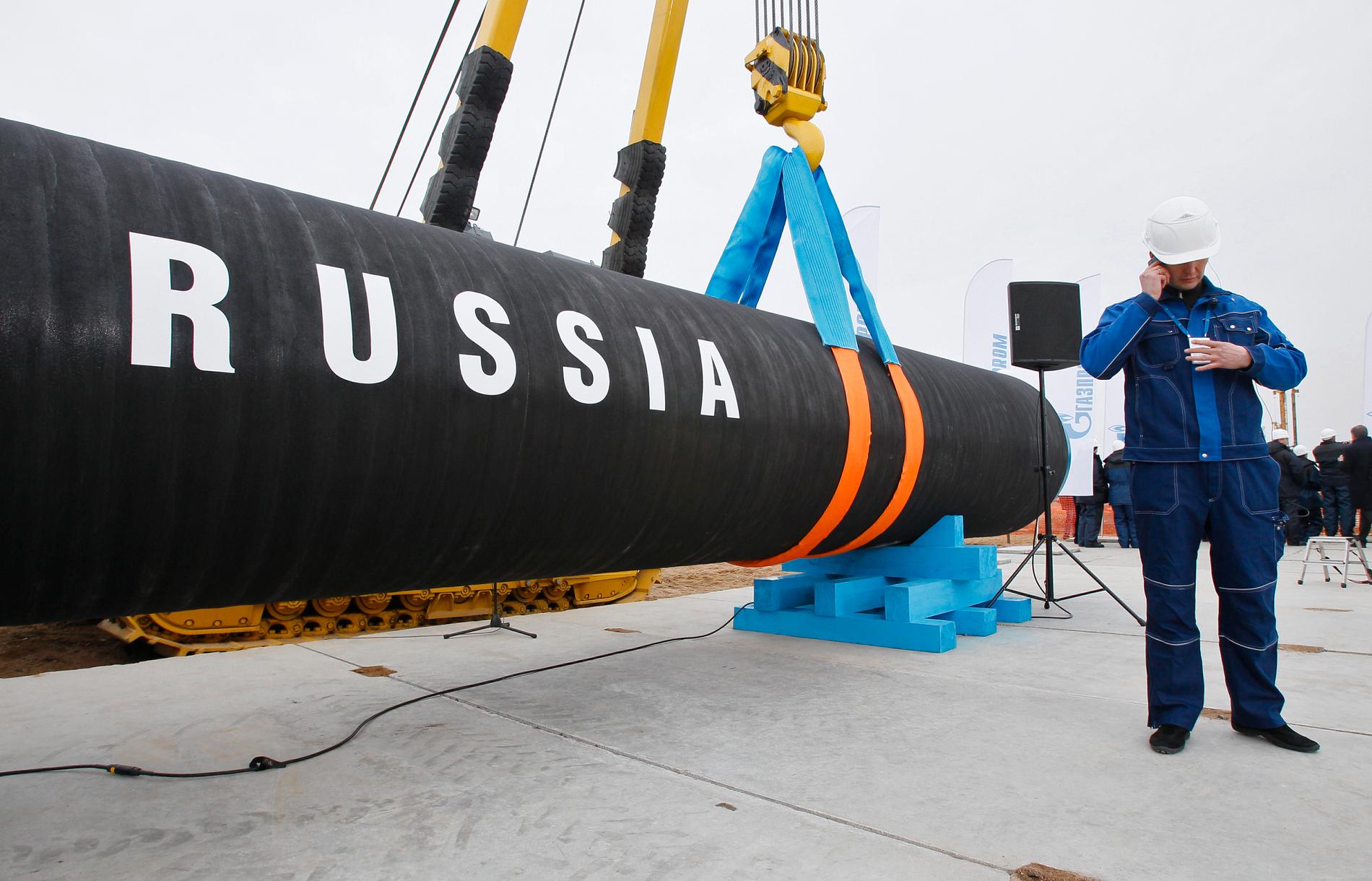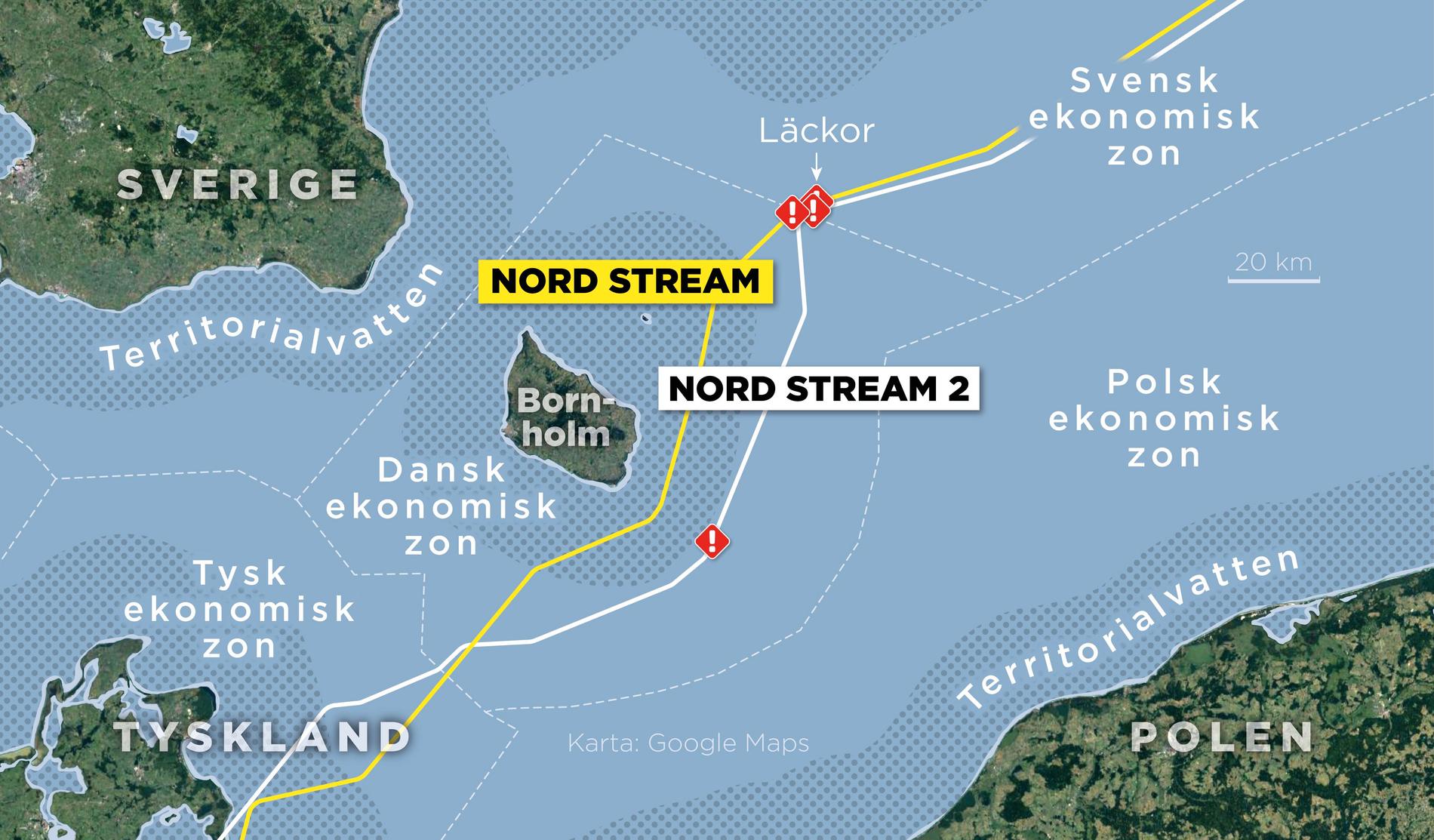The gas leaks on Nord Stream 1 and 2
Of:
Victor Stenquist
Published: Today 19.01
NEWS
Chamber prosecutor Mats Ljungqvist has decided to cordon off the area surrounding the Nord Stream explosions.
A decision that may lack a legal basis - as the area is in international waters.
- It is against international law, says Said Mahmoudi, professor of international law.
At lunchtime on Monday, the Coast Guard told Aftonbladet that they could not prevent anyone from being at the site of the Nord Stream leaks.
- This is international water, and means that anyone can actually be there, there are no restrictions and no permits are required, said press secretary Mattias Lindholm at the time.
A few hours later, at 18.23 in the evening, a conflicting message came.
Chamber prosecutor Mats Ljungqvist, who leads the investigation, decided that the area would be cordoned off so that a crime scene investigation could be carried out, he announced on the website of the Public Prosecutor's Office.

The gas leak photographed from the Coast Guard aircraft on September 29. Photo: Coast Guard
"Like blocking off the Pacific Ocean"
During the evening, the Coast Guard made an update on its website where it was stated that the blockade covers an area corresponding to five nautical miles, and entails a ban on moving ships, anchoring, diving, fishing, moving underwater vessels or carrying out geophysical mapping.

Said Mahmoudi is professor of international law at the Department of Law, Stockholm University. Photo: Stockholm University
But according to Said Mahmouidi, professor of international law at Stockholm University, Swedish authorities have few opportunities to stop ships from being in the area, at least foreign ones.
- It's a bit like Sweden blocking off an area in the middle of the Pacific Ocean. If another country has an equal interest in conducting an investigation, I don't understand how to prevent them from doing so, says Said Mahmoudi.
On the contrary, the international law professor believes that once the gas pipelines are in place, the responsibility passes to the respective companies that own them, in this case the Russian gas giant Gazprom, which owns 51 percent of Nord Stream 1 and all of Nord Stream 2.
- If, for example, Russia wants to send ships and start investigating on the spot, one wonders what measures Sweden will take, will they become police officers? What are they planning to do? In what way do they have jurisdiction to block off the area? Said Mahmoudi says and continues:
- Actually, it's not difficult at all, because the rules are very clear once the gas lines are in place. The management belongs to a company that is mainly located in Russia, and it is their interest that comes first.

Russian gas giant Gazprom owns 51 percent of Nord Stream. The picture is from the start of construction in April 2010. Photo: Dmitry Lovetsky / AP
Difference about environmental disaster
One circumstance could have meant that Sweden's powers to act could have been clearer: If it was feared that the gas leak could cause extensive environmental damage in the area.
- In the best case, it could be an argument, but in that case the government has to claim that it is sabotage that causes an environmental disaster in the Swedish marine environment, but they have not said that. If the authorities in Sweden have reason to believe that it could be an environmental problem, they must say so and then Sweden can have the authority to act, says Said Mahmoudi.
Prosecutor Mats Ljungqvist refuses to answer questions about the blockades and the ongoing preliminary investigation.
- Journalists call all the time. I have nothing to say, you can read what is on the website, he says and hangs up the phone.

The map shows the four leaks on the Nord Stream and Nord Stream 2 gas pipelines, the economic zones and territorial waters. Photo: Anders Humlebo/TT

Inga kommentarer:
Skicka en kommentar